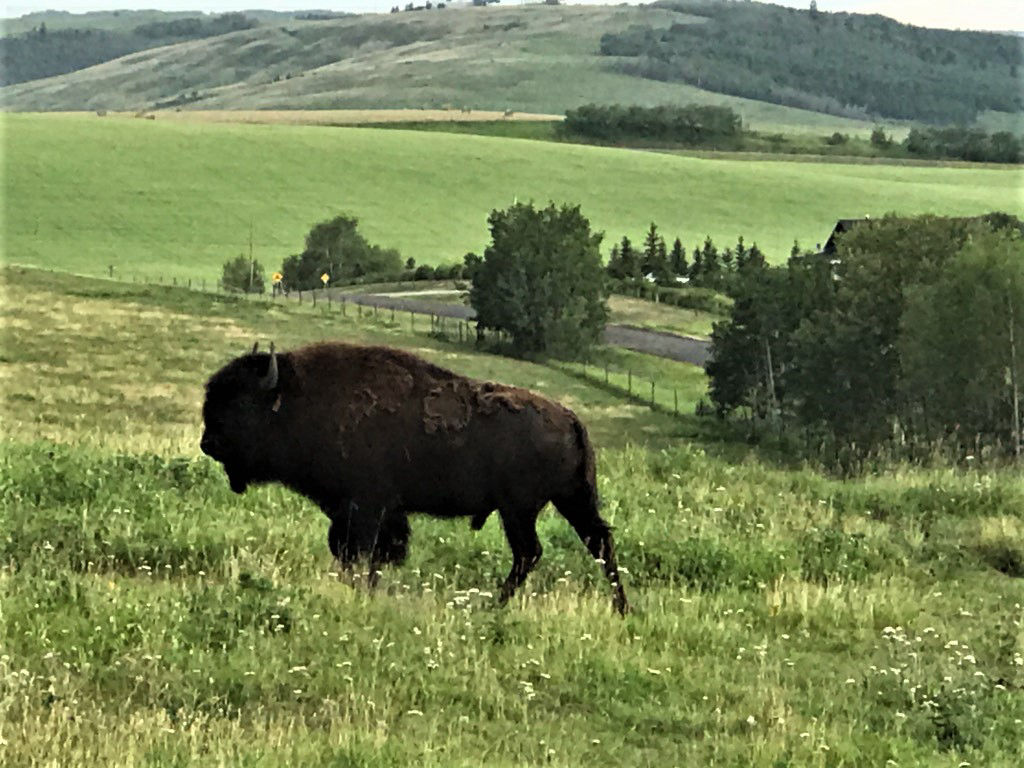Alberta Bison Ranch started with pure Plains Bison in 1980 and since then has helped other ranchers their Bison herds. Alberta Bison Ranch bison are raised and fed the pure and natural way, as it should be out on the Northern Alberta grasslands under the big Alberta skies.

